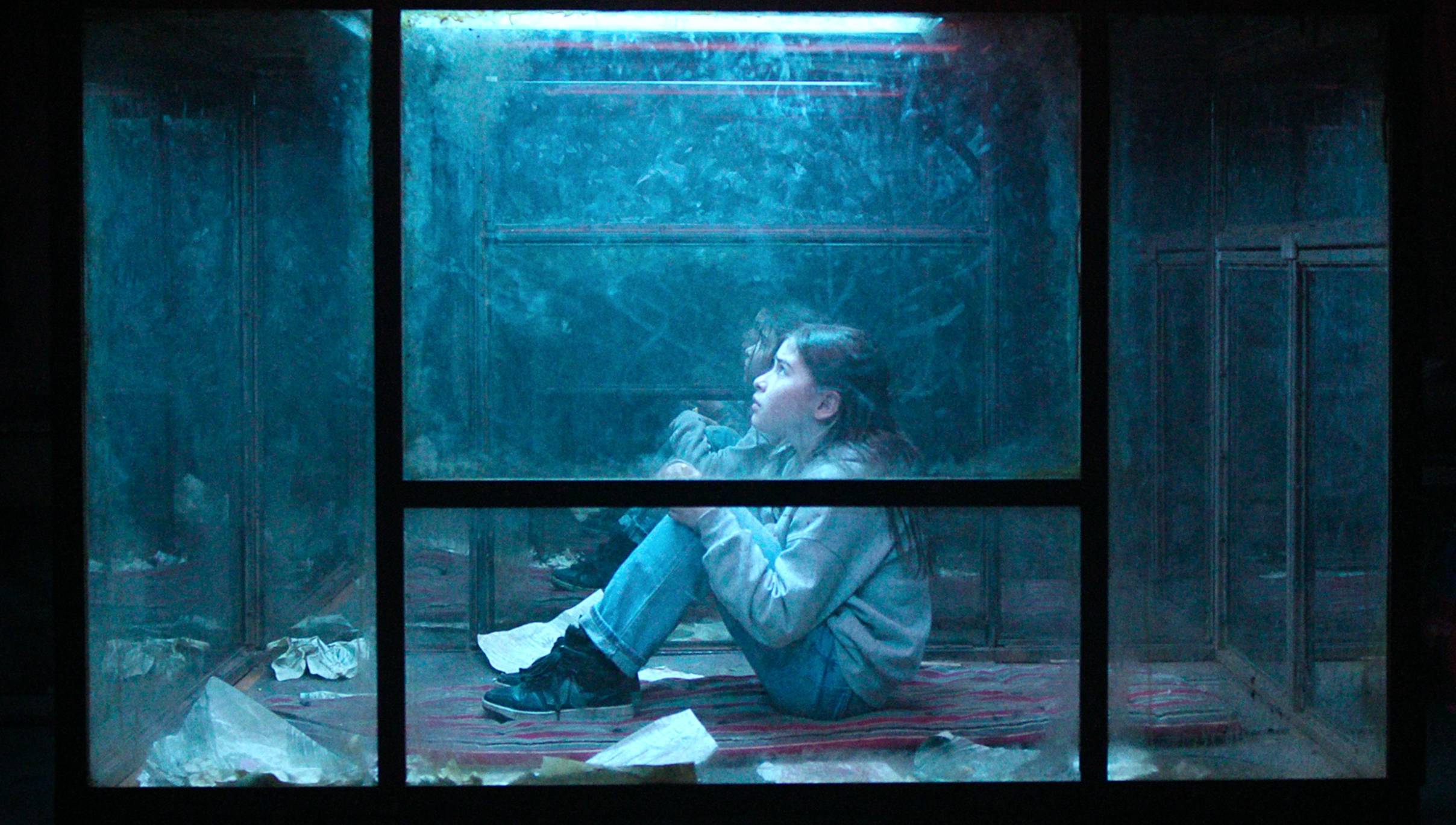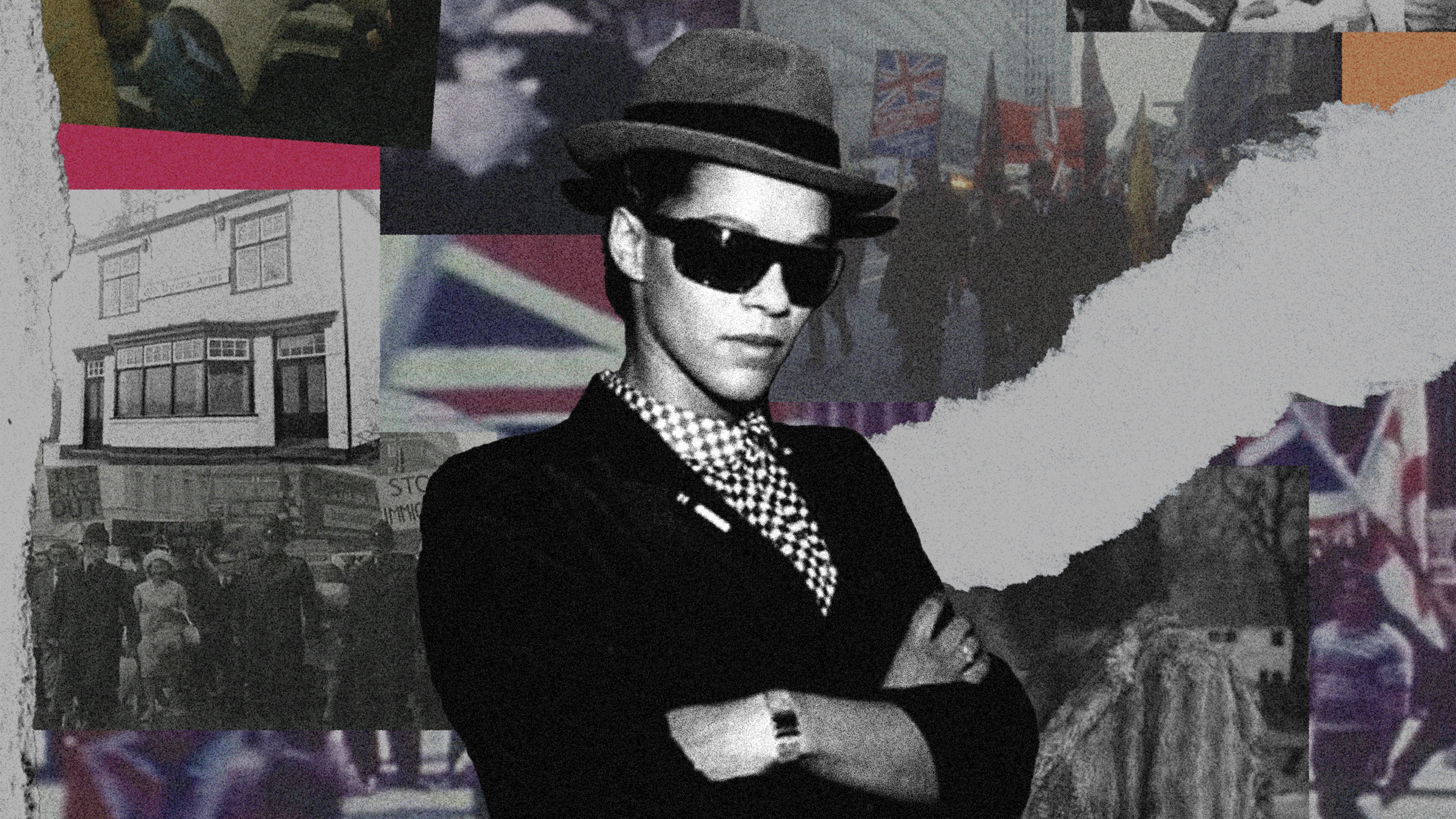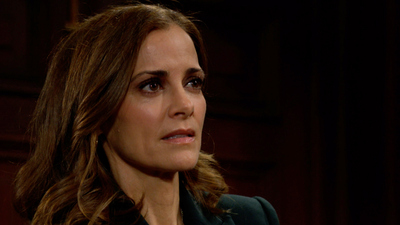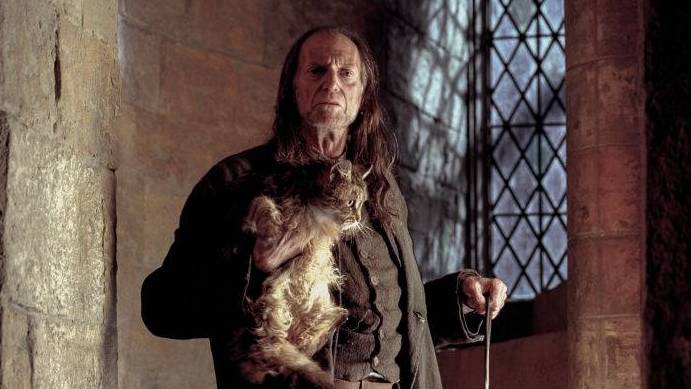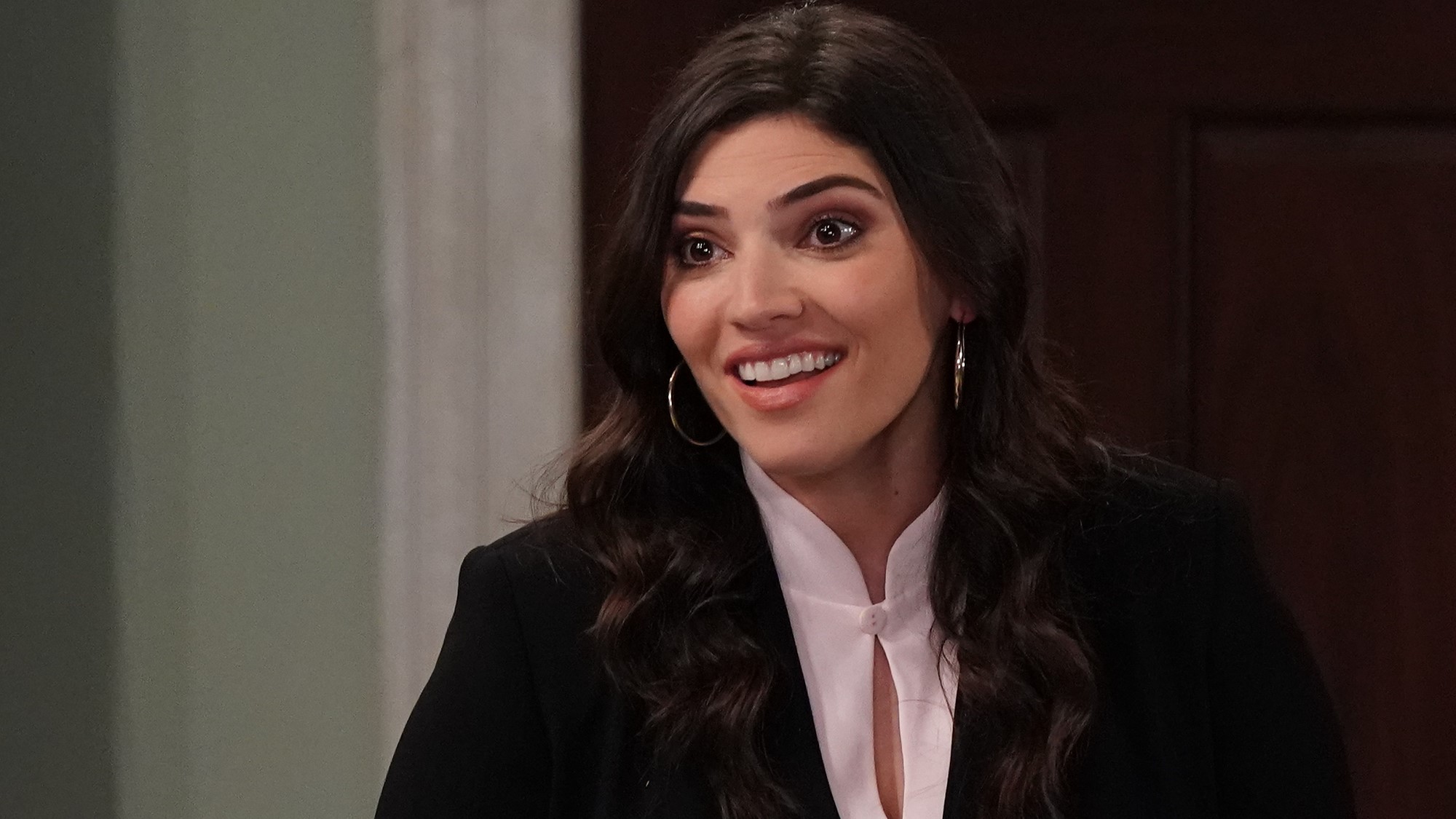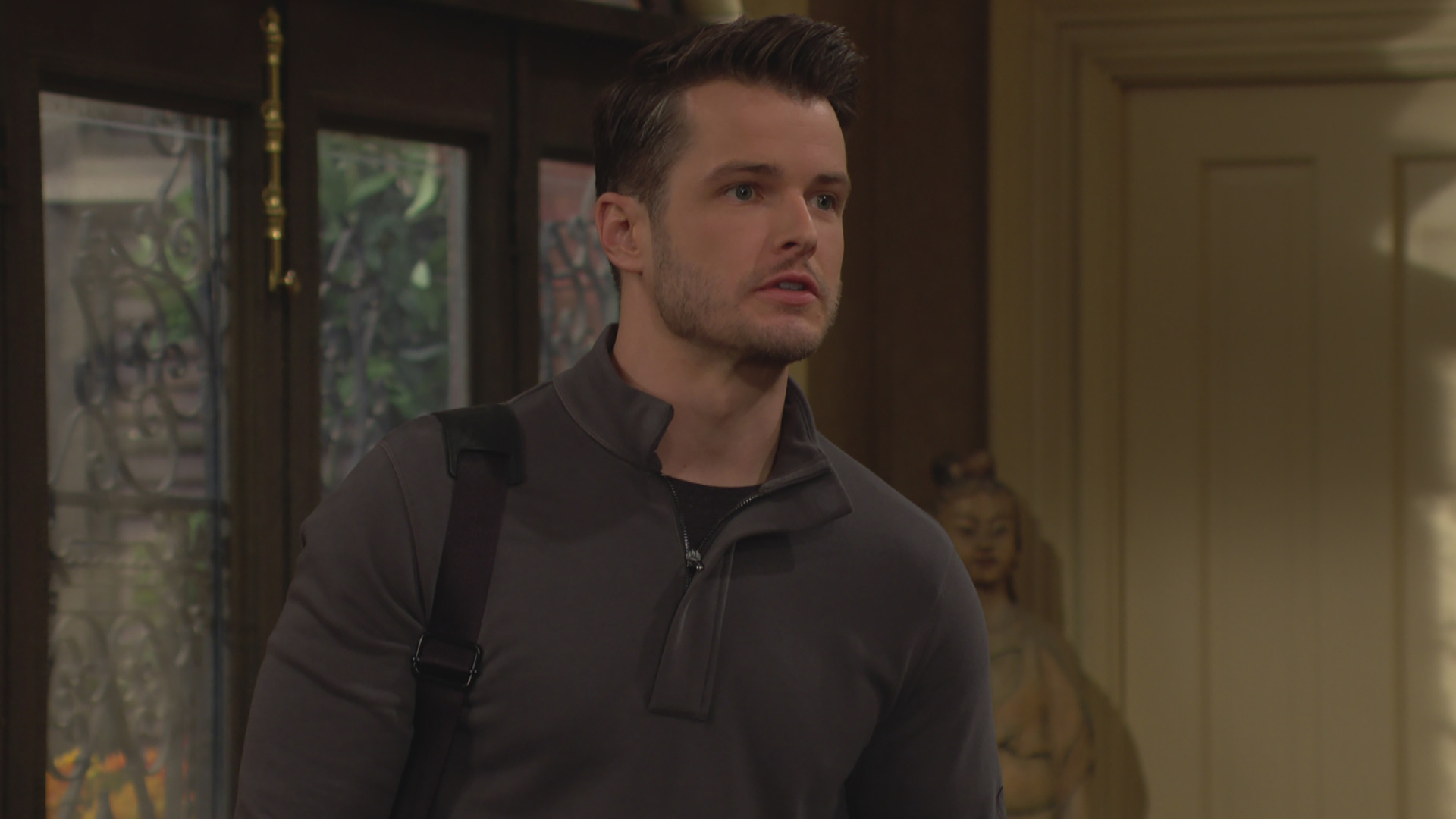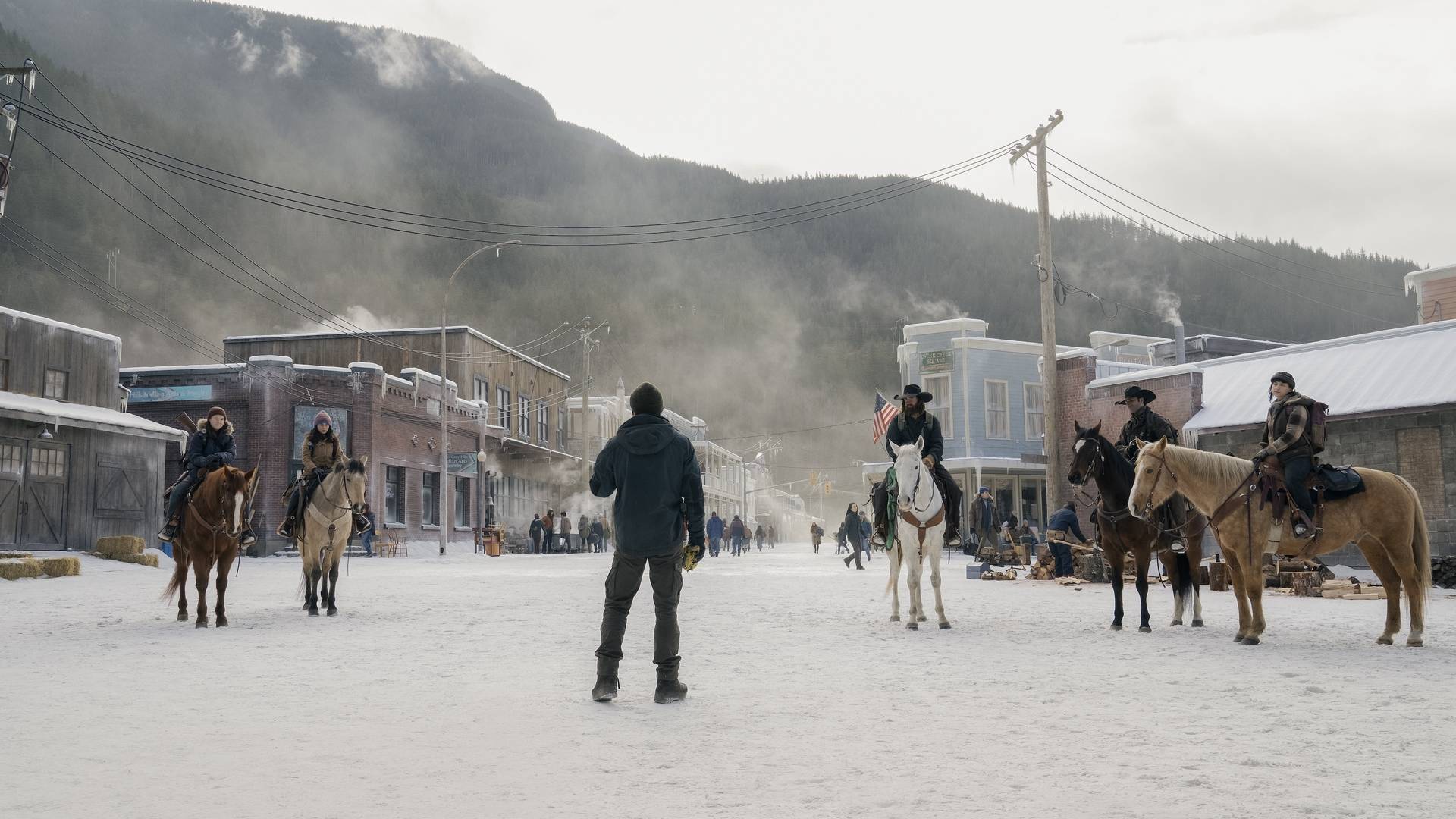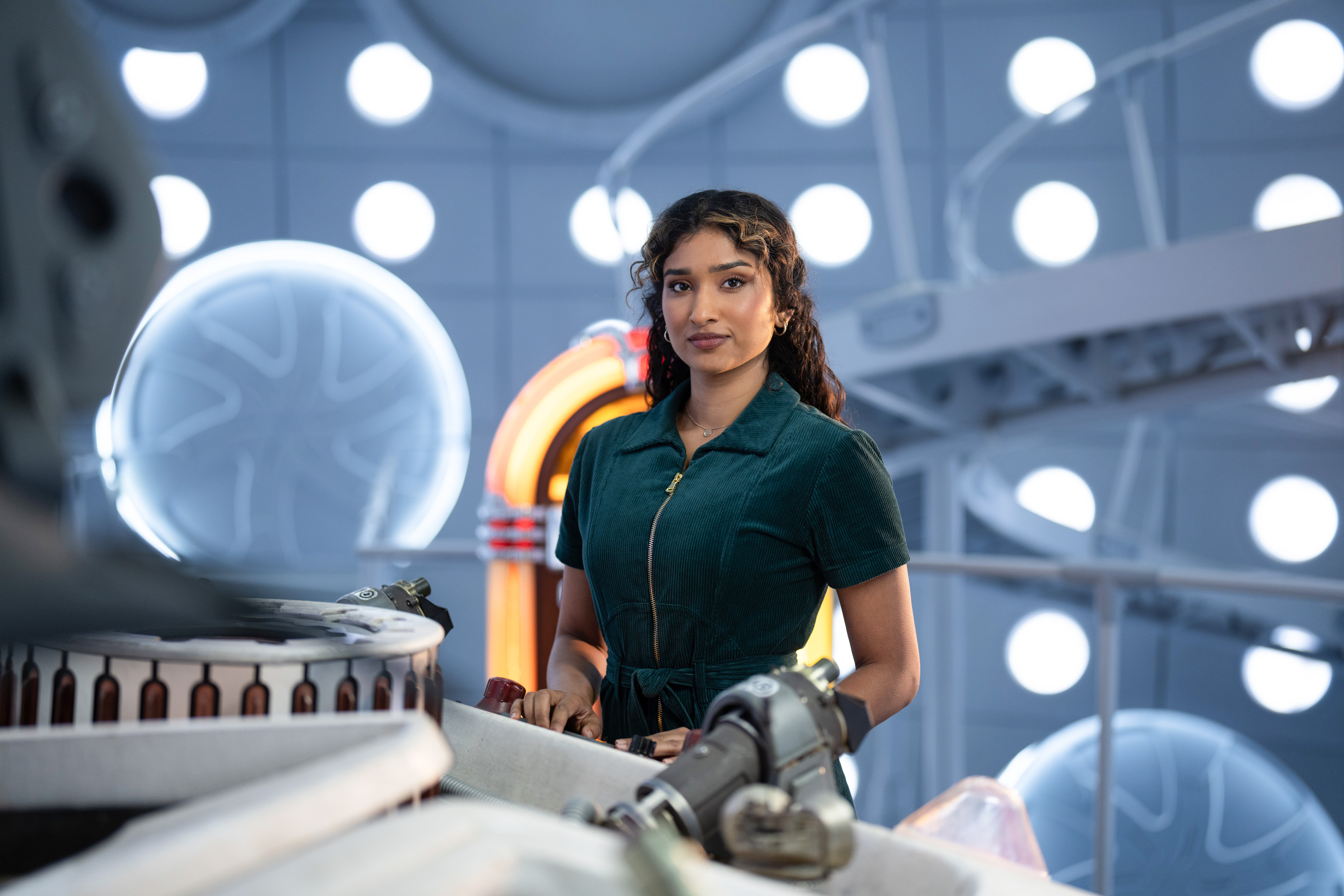‘For All Mankind' and the Astronaut Wife
This traditional role is expanded upon in Apple TV+'s Space Race alt-history.
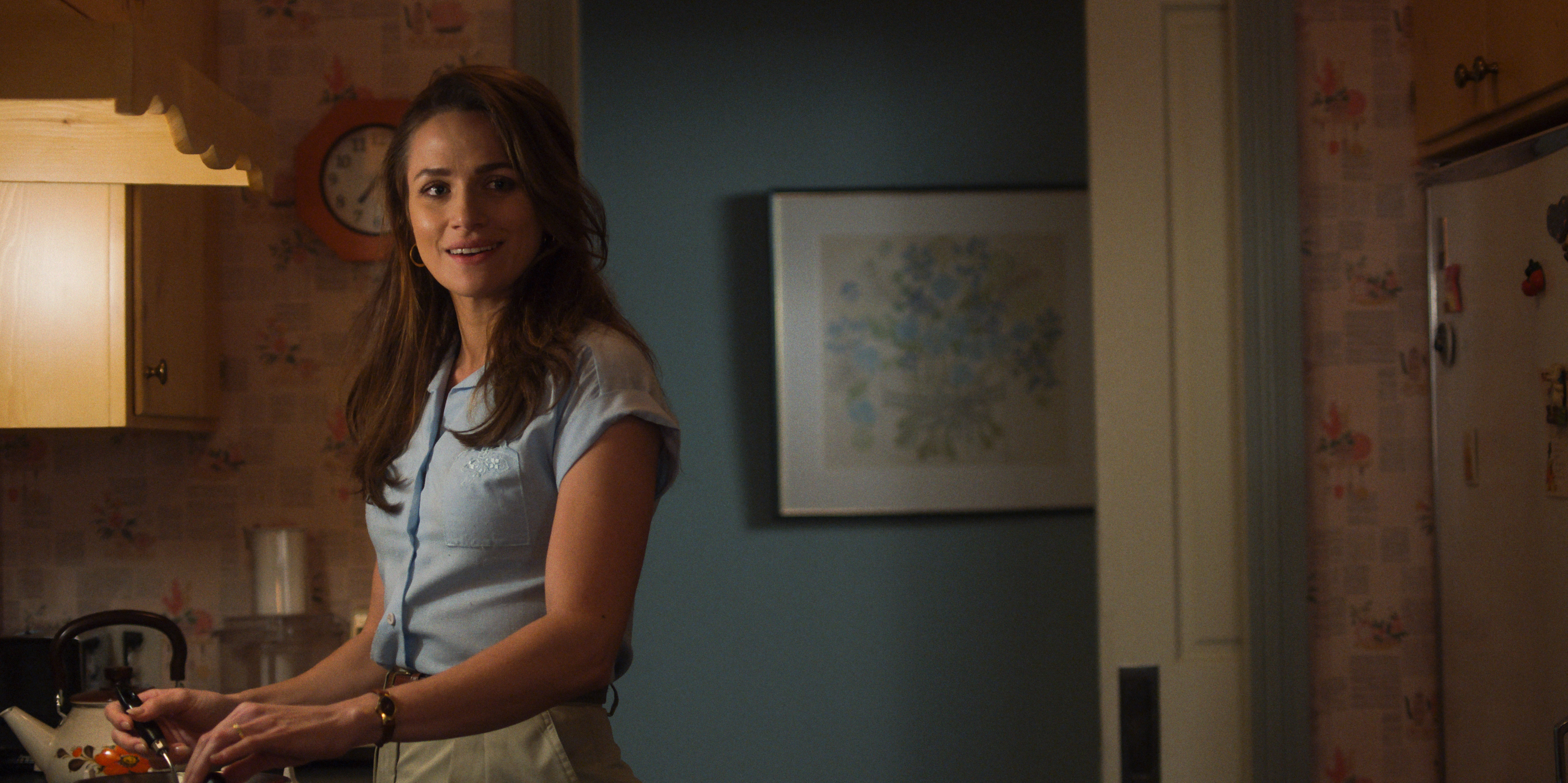
This post contains For All Mankind spoilers.
“It’s going to be different this time,” Karen Baldwin (Shantel VanSenten) tells husband Ed (Joel Kinnaman) in this week’s episode of For All Mankind. This sentiment could be read as the premise of the series that began with Alexei Leonov becoming the first man to walk on the moon and not Neil Armstrong in 1969. A Space Race alternate history leads to a number of “what if” scenarios including President Nixon advocating for women in space to rival the Soviet cosmonaut plans. (In reality, the first American woman in space was Sally Ride in 1984, 21 years after cosmonaut Valentina Tereshkova orbited the Earth) The ripple effect has led to a prolonged mission on the moon, another Kennedy making it to the White House and John Lennon surviving 1980. But Karen isn’t referencing the changes (big and small) that have occurred so far on the Apple TV+ series. Rather, she is alluding to the role she is no longer willing to play when Ed steps out from behind his desk to command another mission.
“I can’t sit by a squawk box all day and night wondering if you’re okay,” Karen matter-of-factly states about the forthcoming changes. The high-risk nature of this profession and the public fascination with the women who married the first men to fly off into space has led to a familiar narrative. A common theme whether adaptations of real astronauts or fictitious missions is the personal cost of space exploration. Playing the wife can lead to awards buzz (Claire Foy in First Man), a lack of dialogue (Liv Tyler in Ad Astra), or even a whole show dedicated to this specific role (the short-lived ABC series The Astronaut Wives Club). One recurring image is of a woman on the verge of tears listening to the squawk box (transmitting all communications between mission control and the astronauts) or a television broadcast as something dire unfolds. Even with the change in historical events, For All Mankind has utilized elements of this trope. Disasters stacked up during the first season and the line between life and death in this profession is incredibly thin. Sacrifices are made before a rocket has even left Earth and the death toll goes beyond those trained by NASA.
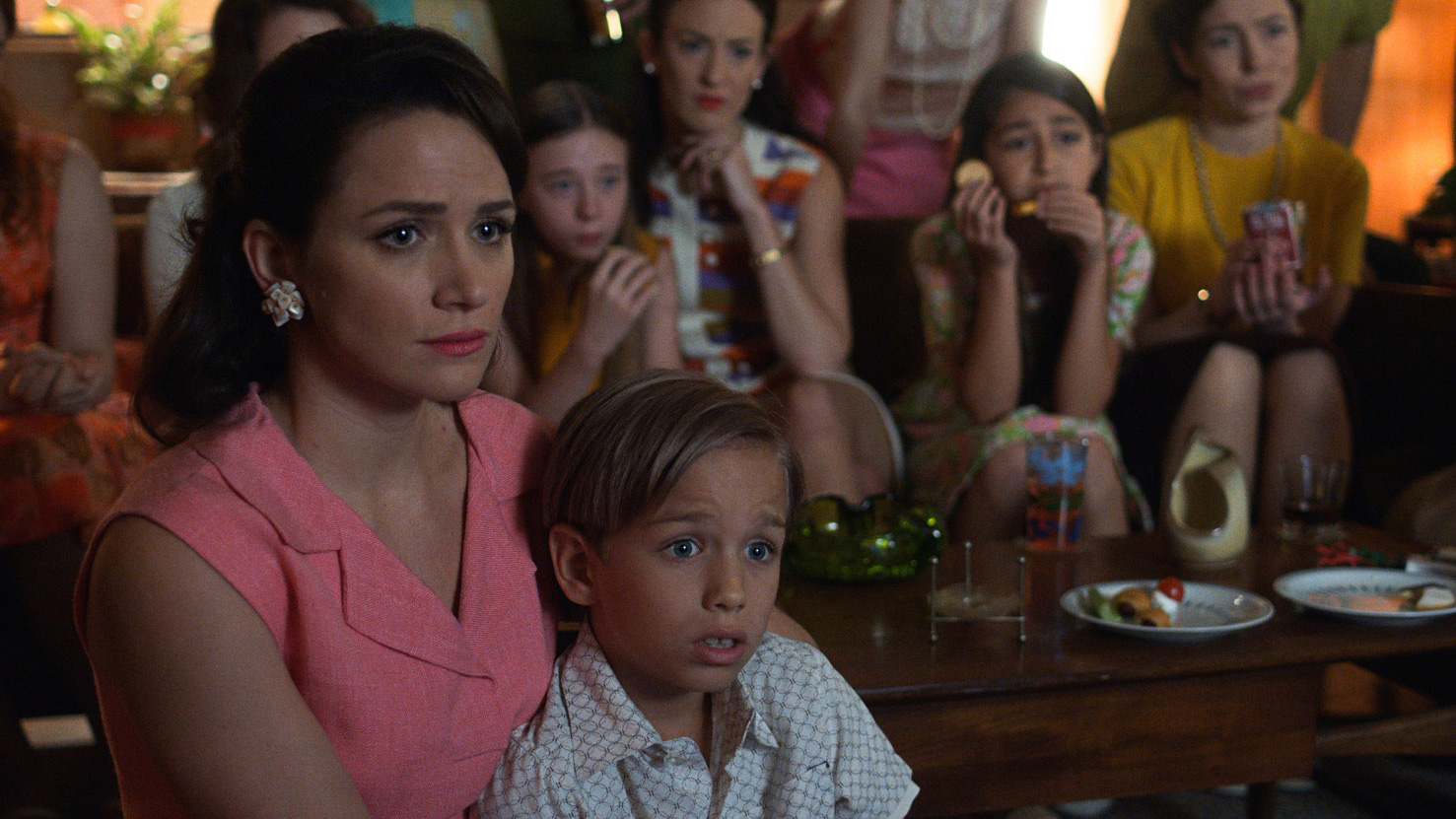
Women joining the program doesn’t erase the astronaut wife and it is notable how few husbands occupy the hostess space. In the first season, Karen takes on the traditional role viewers have come to expect. She entertains when missions are televised and the only prominent male in this environment (beyond the children) is Molly Cobb’s (Sonya Walger) stoner husband Wayne (Lenny Jacobson). Wayne is an artist and paints his nightmare of Molly dying on the moon when it gets too much. His desire to talk about the things that can go wrong infuriates Karen, who pretends everything is going to be fine in order to get through the day. She isn’t naive, rather, she can’t think of the worst-case scenario and maintain the air of dignity the press and public expect. But the worst does happen and it has nothing to do with rockets.
It can be difficult to avoid the nagging wife archetype in a show dealing with the women left behind and one of For All Mankind’s strengths is that it has mostly sidestepped this unimaginative dynamic. In the early episodes, Karen’s envy directed toward fellow wife-turned-astronaut Tracy Stephens (Sarah Jones) colors her feelings about the groundbreaking work going on at NASA. When it comes to Wayne, anger is a reflection of her fear, and her stern “we don’t talk about” is a reaction to an earlier experience when Ed was a pilot in the Korean War. Later, when she turns up at Wayne’s apartment to admonish him for getting high, she claims her outrage is because his pot-smoking could jeopardize Molly’s career. Furthermore, he is eschewing the standards laid out by the women who have come before him. There isn’t room for error out in space nor when it comes to the picture-perfect astronaut wives who are equally judged for their behavior. Uptight and judgemental is Karen’s mode until Wayne’s apartment becomes a safe space away from this fake smile imagery. First, she tells him about the recurring nightmare she has about Ed getting eaten alive by a jaguar (the model of Ed's jet was a Grumman F9F Panther), and after the hit-and-run accident that kills her son (while Ed is on the moon), she flees the women who have gathered in her home. A support network is part of this particular club, but in front of Wayne, she doesn’t need to be the ideal housewife who pretends everything will be fine.
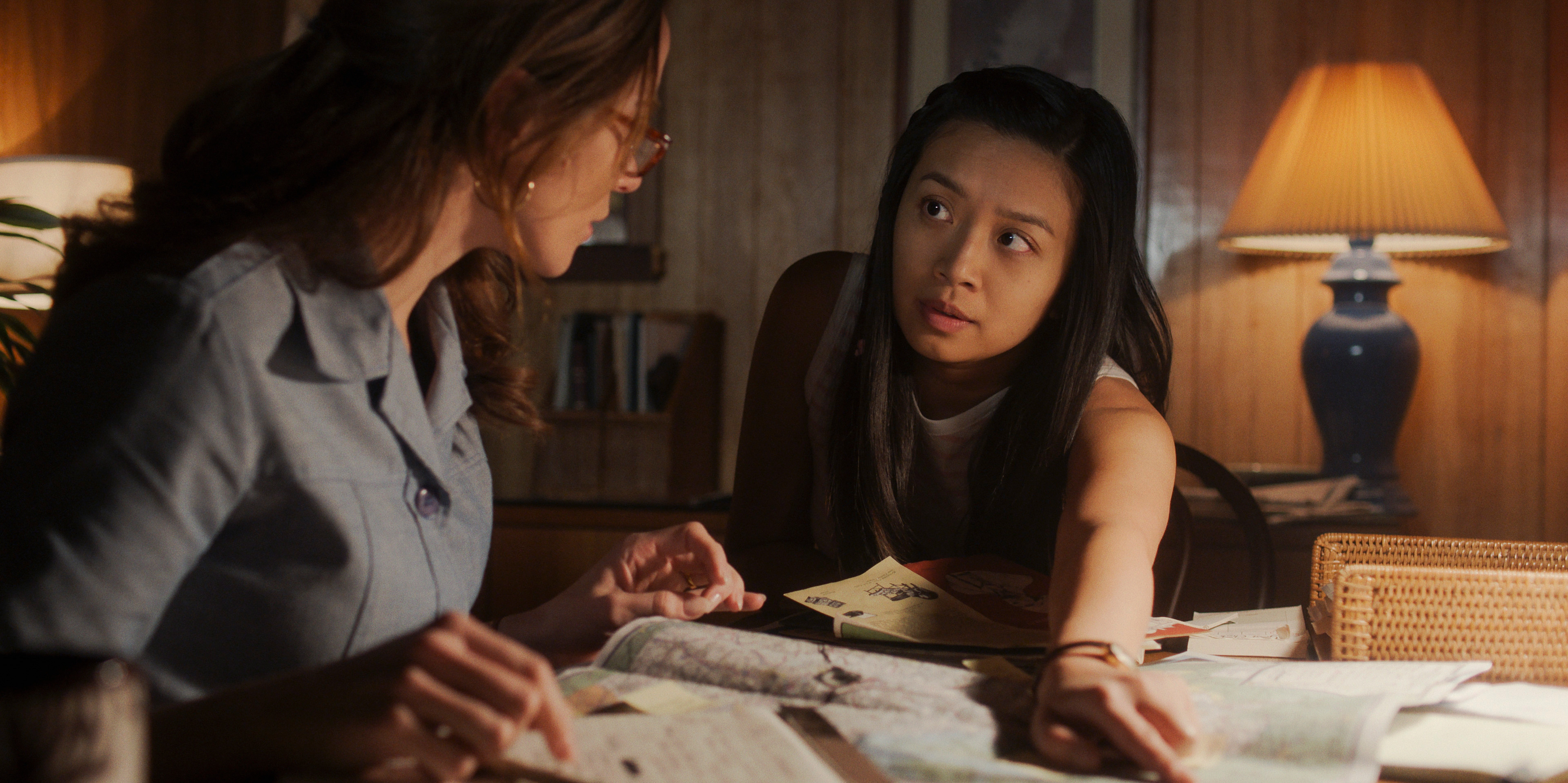
“I know things have to change. I don’t even know what my life is anymore,” she tells Wayne about the blurry road that lies ahead. A mother and an astronaut wife are the two roles that define her at this point and the death of Shane (Tait Blum) is genuinely shocking — much like Karen, I believed he would be okay. For all her fears about Ed, this highlights how any form of transport doesn’t come without risk. Cycling through denial and guilt, Karen’s situation is magnified by her husband’s absence and her public profile, which make it impossible to keep this out of the news. Certainly, Karen could fall into cliché throughout the emotional highs and lowest lows, but Shantel VanSanten’s performance never feels like it is doing the obvious. In the second season of The Boys, she plays another traditional wife and mother role and this also goes beyond the stereotypes viewers might expect. Part of this is the writing but VanSanten’s ability to draw on the emotion of either a heightened or relatable situation ensures these characters are not just a prop to support the husband character or give him motivation.
Utilizing a time jump of nearly a decade (it is now 1983) means the start of Season 2 is spent filling in the blanks. Martial status has changed for some with Tracy (an astronaut wife and an astronaut) celebrating her second marriage — although there is still unresolved tension with ex Gordo (Michael Dorman). Ellen (Jodi Balfour) and Larry (Nate Corddry) are both still in the closet and this marriage of convenience is still protecting their secret. Meanwhile, former Jamestown moon resident Danielle Poole (Krys Marshall) is recently widowed after her Vietnam vet husband died by suicide. One place that connects these characters is the Outpost Tavern, which is central to celebrations and sorrow for NASA employees — both in the show and real life. When Karen finally entered this hallowed space last season it pulled down the wall between wife and astronaut (Ed was still on the moon at the time). Now she owns this bar and the family-run atmosphere is bolstered by their adopted daughter Kelly (Cynthy Wu), and the Stephenses oldest son Danny (Casey W. Johnson) helping out — a potential storyline that fills me with dread is the closeness between Karen and Danny and I hope I am reading too much into the joint they share in “Pathfinder.” Running the Outpost is one reason why Karen tells Ed she can’t be the wife waiting at home for every update.
Get the What to Watch Newsletter
The latest updates, reviews and unmissable series to watch and more!
It has been nearly a decade since Shane Baldwin died, but this wound remains raw and mostly unspoken before last week's episode. Karen has made peace with her guilt, however, Ed’s visceral outburst at Kelly’s Annapolis application proves he has much to work through. In one of the best scenes of the series, anger reverberates around the Baldwin house before years of unspoken grief are spoken aloud. Kelly stands off to the side as an observer but is brought into an emotional embrace by her parents before the matriarch figure emphasizes the innate drive toward joining the navy. “We are the Baldwins. You cut us, and we’re gonna bleed blue and fucking gold,” she says through a teary smile. Karen hasn’t flown into space but she doesn’t need to leave the Earth to enter the stratosphere. And For All Mankind proves that an astronaut’s wife doesn’t need to only think of her husband’s career, she can take a leap without him.
Emma Fraser spends most of her time writing about TV, fashion, and costume design; Dana Scully is the reason she loves a pantsuit. Words can also be found at Vulture, Elle, Primetimer, Collider, Little White Lies, Observer, and Girls on Tops. Emma has a Master’s in Film and Television, started a (defunct) blog that mainly focused on Mad Men in 2010, and has been getting paid to write about TV since 2015. It goes back way further as she got her big start making observations in her diary about My So-Called Life’s Angela Chase (and her style) at 14.

